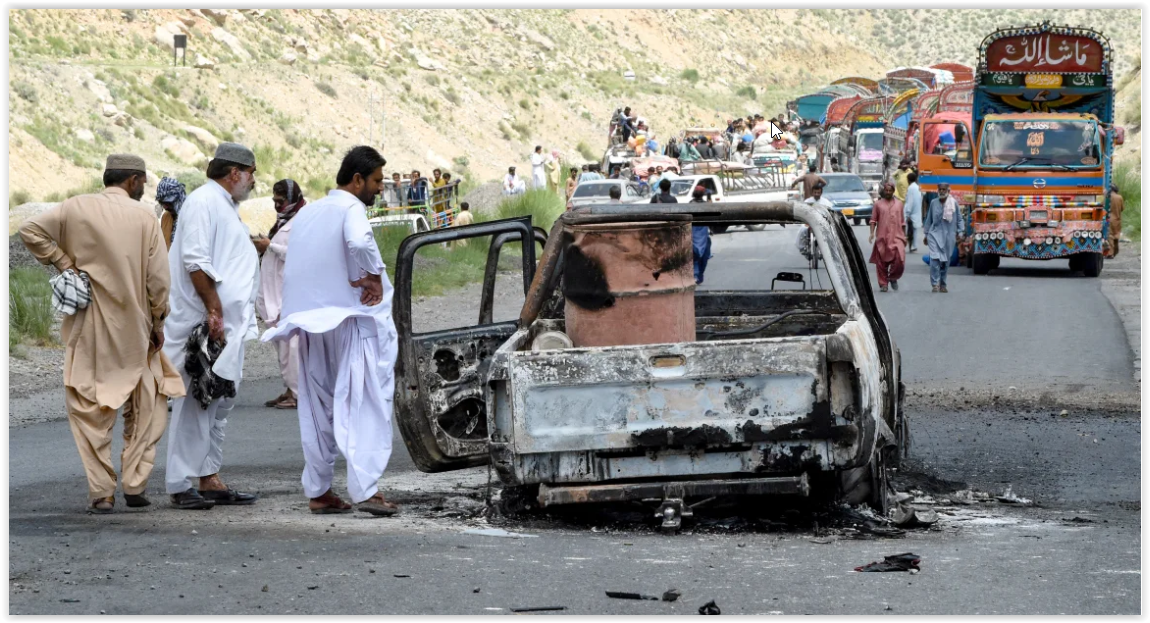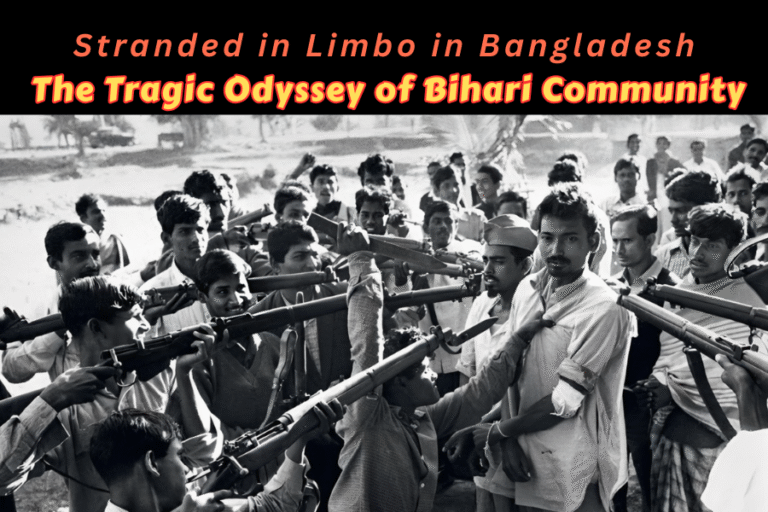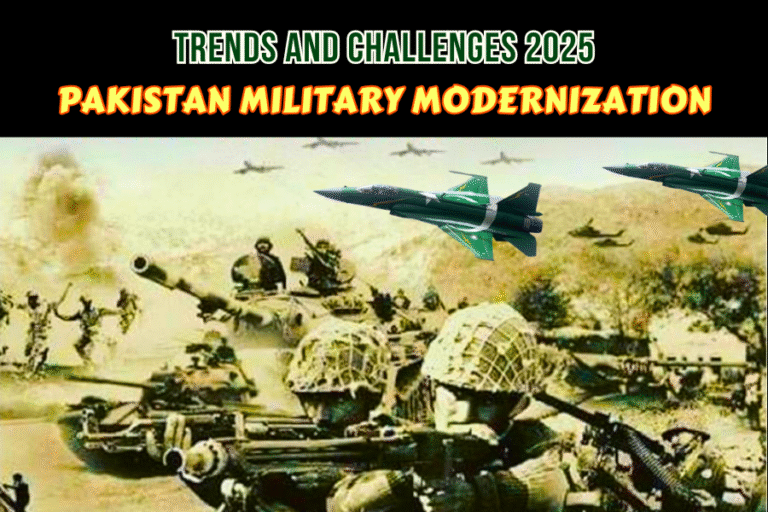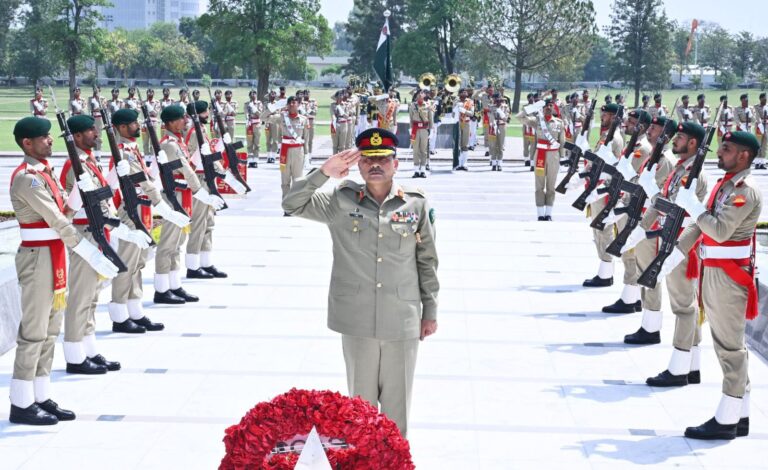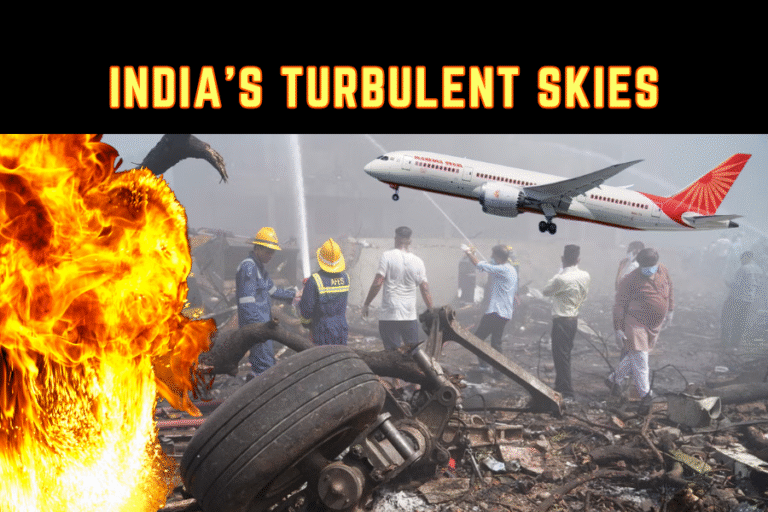(By Khalid Masood)
The grim shadow of ethnic violence continues to haunt Balochistan, where tragedy struck again in the Naukshi area as four workers from the province of Punjab lost their lives to a targeted shooting. This latest atrocity is not a tragic anomaly, but rather a chilling addition to a long and troubling series of attacks. Punjabis in Balochistan have repeatedly found themselves in the crosshairs of orchestrated terror-whether it’s ambushes on buses traversing remote highways or high-profile bombings like the one that rocked the Jaffar Express, a train bound for Punjab.
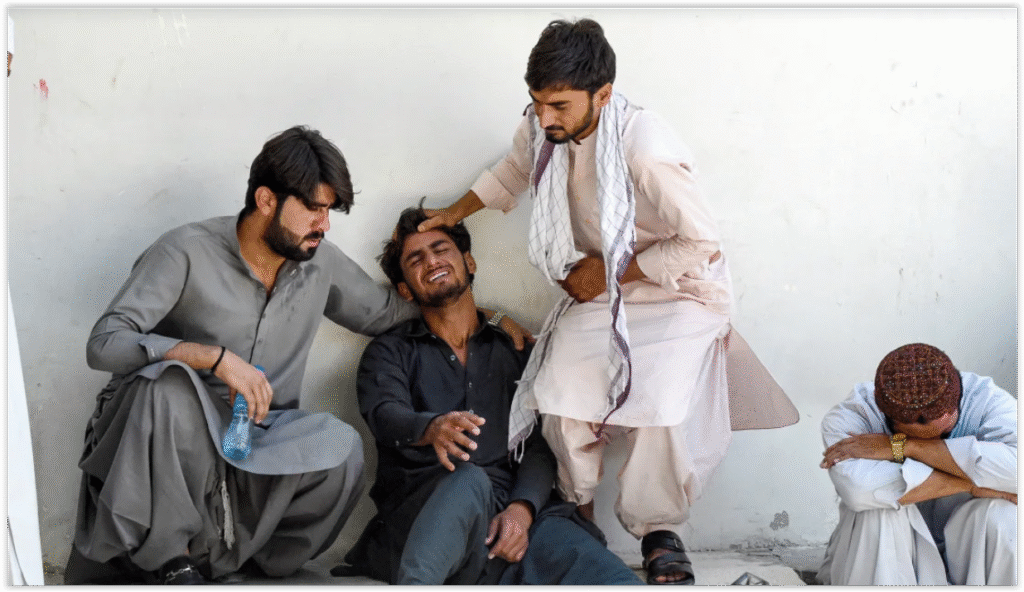
These incidents are not random acts of violence or the work of isolated criminals; rather, they form part of a deliberate, methodical campaign by militant groups aimed at sowing fear, deepening ethnic divisions, and destabilizing both Balochistan and Pakistan as a whole. Each targeted killing and orchestrated attack is calculated to fracture the social fabric of the region, unravel inter-provincial unity, and weaken the very foundations of the federation. For Punjabi families living and working in Balochistan, this pattern of violence brings ongoing anxiety and grief, highlighting the urgent need for stronger protections and comprehensive solutions to the province’s ethnic tensions. Mounting evidence points unmistakably toward Indian RAW.
Under the current BJP government, Indian intelligence agencies have systematically cultivated and supported separatist and terrorist networks in Balochistan. For New Delhi, Balochistan is not a land to uplift, but a lever to pull for maximum disruption. The confessions of captured Indian operative Kulbhushan Jadhav, alongside corroborating reports from international intelligence agencies, lay bare India’s deep-rooted involvement in stoking unrest. Groups like the Baloch Liberation Army are not lone actors; they are equipped, funded, and directed by Indian handlers. Similarly, the TTP’s sanctuary across the Afghan border flourishes under Indian patronage and guidance.
This is not an isolated tactic-it is a cornerstone of a broader Indian strategy: to bleed Pakistan through internal chaos rather than direct confrontation. Central to this plan is the systematic targeting of Punjabis, Pakistan’s largest and most cohesive ethnic group. The objective is unmistakable: ignite internal strife, erode the nation’s unity, and chip away at the ideological bedrock that holds Pakistan together.
Under Modi’s BJP, this aggression has taken on a distinctly ideological character. The campaign is no longer about territorial disputes or security concerns-it is about identity and existential rivalry. The BJP’s brand of Hindutva-driven nationalism casts Pakistan as the embodiment of the two-nation theory it seeks to erase. This animosity is not confined to rhetoric; it manifests in anti-Muslim violence at home, discriminatory laws like the Citizenship Amendment Act, and the systematic marginalization of minorities. Internationally, it translates into relentless hostility against Pakistan-through disinformation, diplomatic maneuvering, and now, the export of terror into Balochistan.
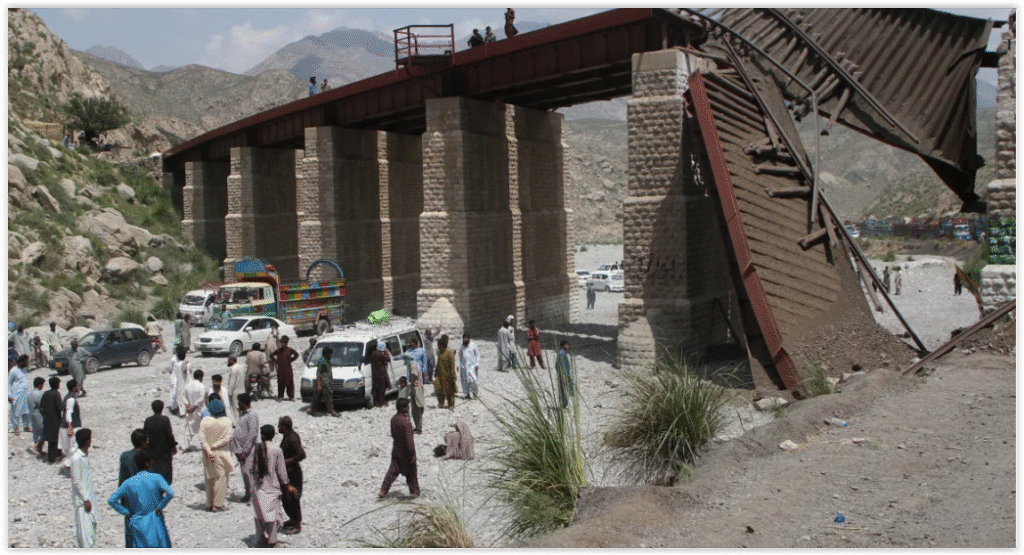
The hypocrisy is glaring. The same regime that persecutes Muslims within India courts Muslim leaders abroad for economic and political advantage. Modi is welcomed with open arms in Gulf capitals, draped in honors, even as his government’s policies leave a trail of suffering among Muslims at home and abroad.
India’s actions are not without peril. In a region bristling with nuclear arms, such reckless provocations are a recipe for disaster. The Pahalgam incident was a stark warning of how swiftly manufactured crises can escalate into open conflict. The next flashpoint may not be so easily contained, and its fallout could engulf the entire region.
Make no mistake: Modi’s India does not aspire to peaceful coexistence. Its goal is domination through disruption, dismantling Pakistan not just as a state, but as an idea. That idea-of unity in diversity, of a nation forged from many identities-must be protected at all costs.
The world, and especially the Muslim ummah, can no longer afford to look away. It is time to see through India’s double standards-to recognize the chasm between its diplomatic overtures and its actions on the ground. Applause for Modi in international forums rings hollow when it is accompanied by silence over the bloodshed in Naukshi.
The murder of those four Punjabis is a cry for justice and for truth. Accountability must extend beyond the gunmen to those who orchestrate, finance, and shield such violence.
India’s hybrid war is not a distant threat-it is a present reality. Pakistan’s response must be resolute, united, and unapologetic.
If India believes it can fracture our nation by exploiting our differences, it is gravely mistaken.
We are many voices, many cultures, many stories-but we stand as one Pakistan.

